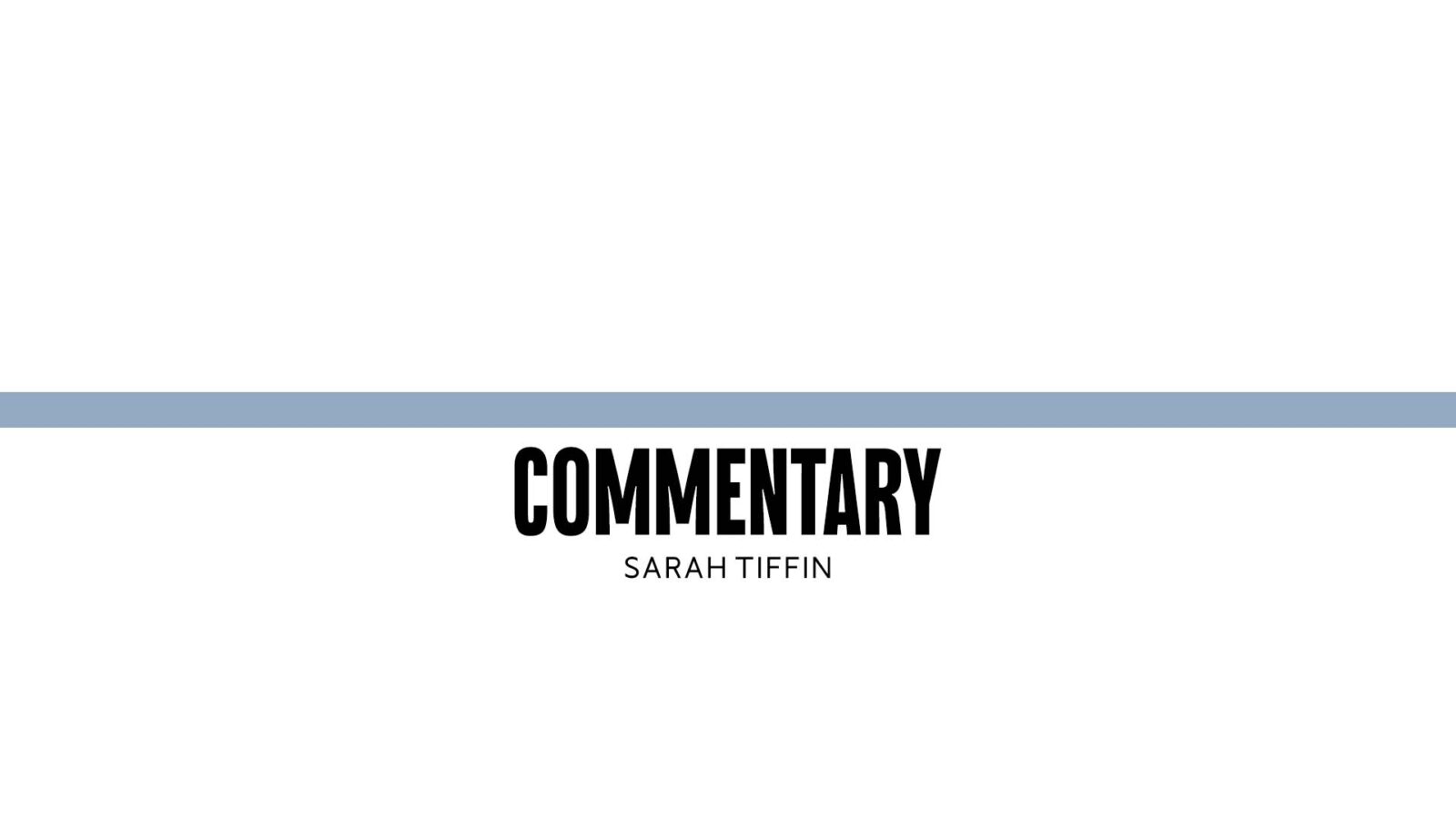Empowering Asean women entrepreneurs

Jakarta—The Association of Southeast Asian Nations (Asean) is one of the world’s most dynamic and diverse regions. With a combined population exceeding 650 million and a rapidly growing economy, it continues to demonstrate remarkable resilience and potential for growth and is a significant force in the global economy.
In August 2021, the United Kingdom became Asean’s first new dialogue partner in 25 years.
We support Asean’s work through a number of Asean-UK programs, including the Economic Integration Program (EIP), launched in April 2024, which aims to support inclusive economic growth, and foster economic ties across the region.
Regulatory reform is a key element of the EIP. We support Asean’s work to improve the business environment by streamlining regulations, safeguarding consumer interests, and ensuring a fairer playing field for businesses. In particular, we aim to support micro, small, and medium-sized enterprises (MSMEs) and women entrepreneurs, whose economic contribution is essential to the growth of the region.
MSMEs make up 99 percent of all businesses in Asean, yet their full potential remains untapped, especially in international trade. Women, who disproportionately run microenterprises, are critical to the success of Asean’s economy, but they face significant barriers to growing their businesses.
Addressing these barriers needs comprehensive, inclusive policies. So the UK, in collaboration with the Center for Strategy and Evaluation Services, has conducted a pioneering research study: “Regulatory Reform for Businesses and Consumers in Asean Countries—Understanding Potential Impacts on Gender Equality and Micro, Small, and Medium Enterprises.”
The study, which included interviews and consultations with over 30 regional stakeholders, was launched in Jakarta on March 6 to coincide closely with International Women’s Day.
The report explores the challenges faced by small businesses in Asean, particularly those led by women, and suggests ways in which regulatory reforms can better support women entrepreneurs and MSMEs.
Access to finance remains one of the most significant barriers to women entrepreneurs across Asean, though there has been progress. Indonesia, for one, has women-focused credit schemes.
But many women across the region still struggle to secure the information and financial support they need. This is compounded by a lack of advanced digital skills, which prevents them from fully participating in the digital economy.
Despite access to basic digital tools, many women lack the skills or confidence to scale their businesses, protect and use their intellectual property, enter global supply chains, and access networking opportunities that could enable them to grow their ventures. On top of these, many of them carry a disproportionate share of unpaid domestic responsibilities.
The study also examined the challenges faced by MSMEs that account for majority of businesses in Asean, but whose role in international trade is underdeveloped.
Many MSMEs face high administrative costs and complicated regulatory environments, making it difficult for them to scale up. But efforts are already underway to simplify business registration and reduce compliance costs.
Other substantial barriers to growth include accessing finance and export markets. The research found that MSMEs in the region contribute just 18 percent of Asean’s exports, despite making up 99 percent of businesses and 85 percent of employment.
The research underscores the need for regulatory reforms that promote inclusivity and address the specific challenges faced by women entrepreneurs and MSMEs, removing barriers, and ensuring that businesses have the opportunity to thrive.
A key recommendation is to support the adoption of innovative digital technologies. Digital platforms can address the practical issues faced by women entrepreneurs and MSMEs. They can also help them share their experiences, and access mentors and networks.
Another important recommendation is the need for gender-sensitive regulatory frameworks. Women-led businesses tend to be concentrated in lower value sectors. Many regulations, particularly those related to product standards, can unintentionally exclude women-led businesses from higher-value sectors.
The study also emphasizes the importance of supporting women-led MSMEs to expand into export. Programs like Malaysia’s women export initiative can serve as a model for other Asean countries. By providing women entrepreneurs with the tools and knowledge they need to navigate international markets, these programs help women-led businesses to compete on the global stage.
Women’s empowerment is vital to society, as they drive business, innovation, and economic resilience. We’ve placed women at the heart of our work with Asean as we support the region’s efforts to create a fair, resilient, and prosperous future. The Jakarta Post/Asia News Network
—————-
Sarah Tiffin is the UK ambassador to Asean.
—————-
The Philippine Daily Inquirer is a member of the Asia News Network, an alliance of 22 media titles in the region.

















